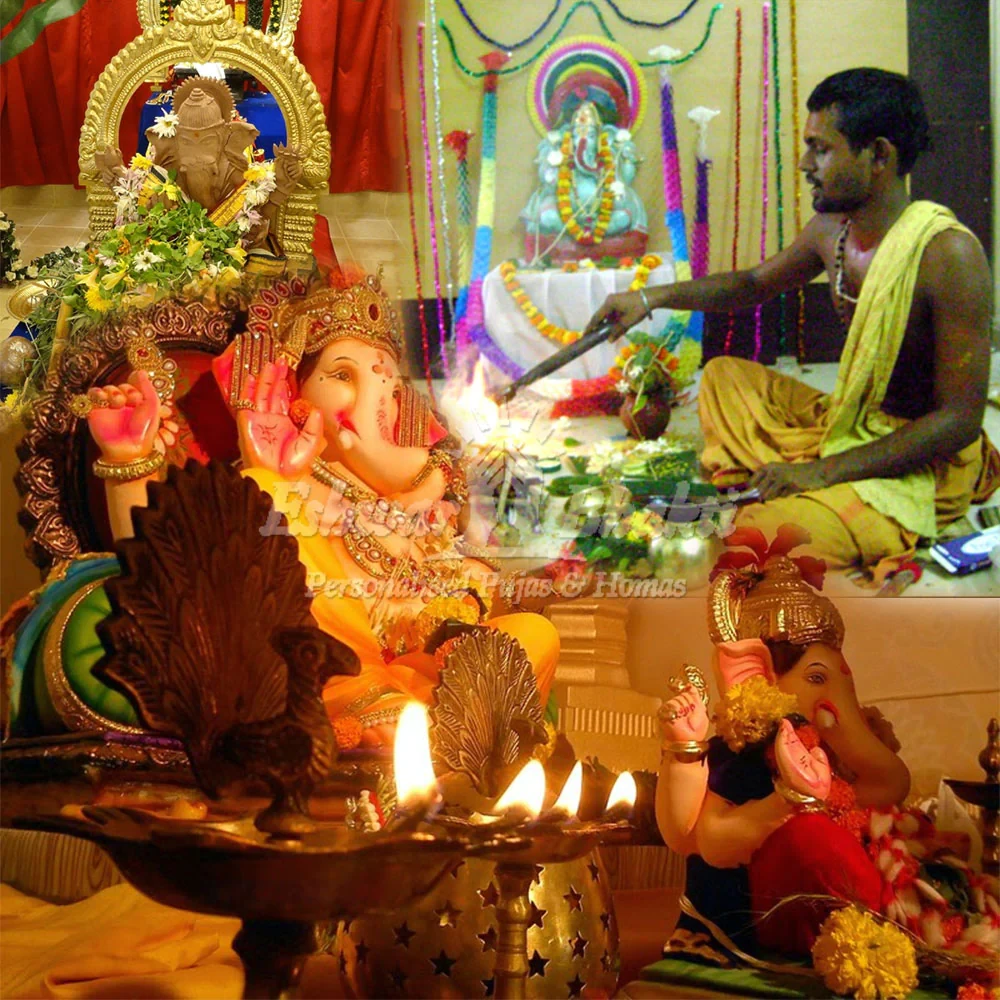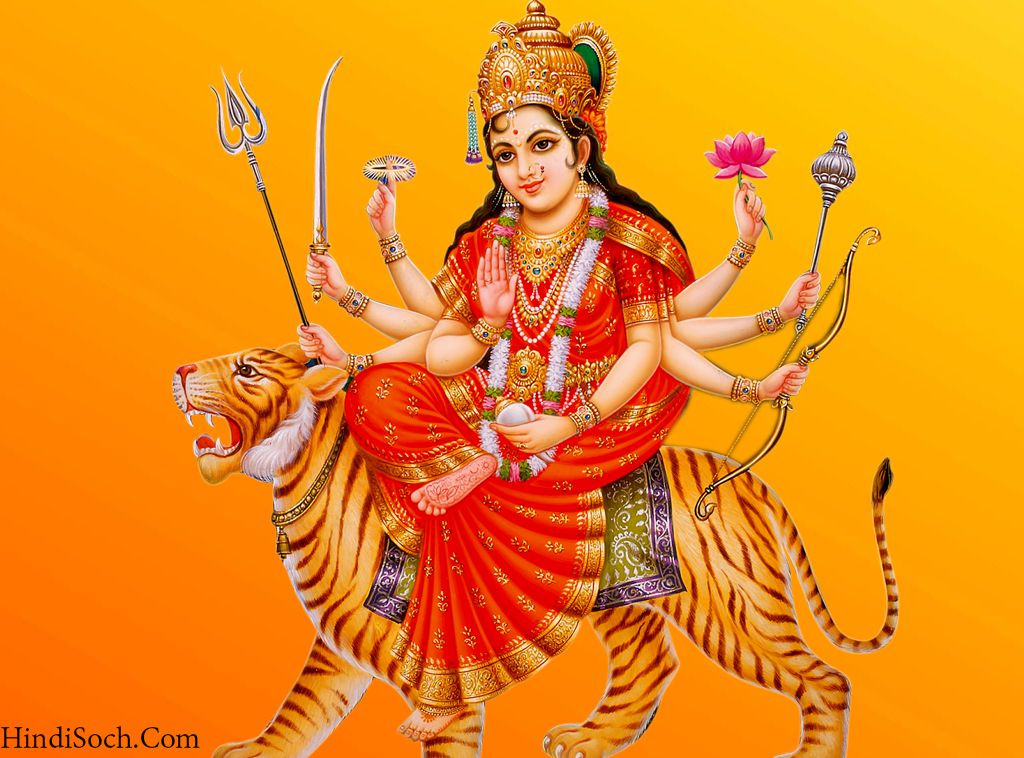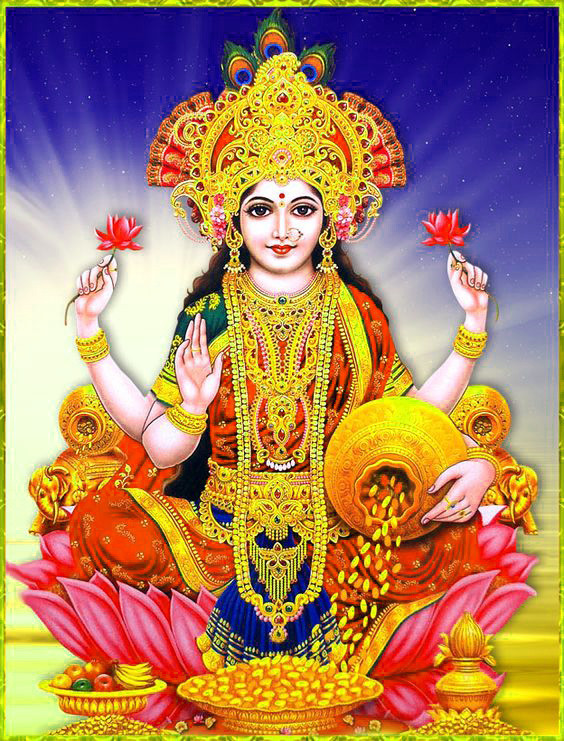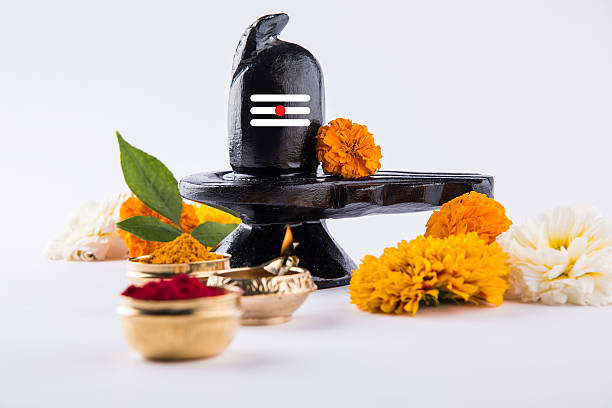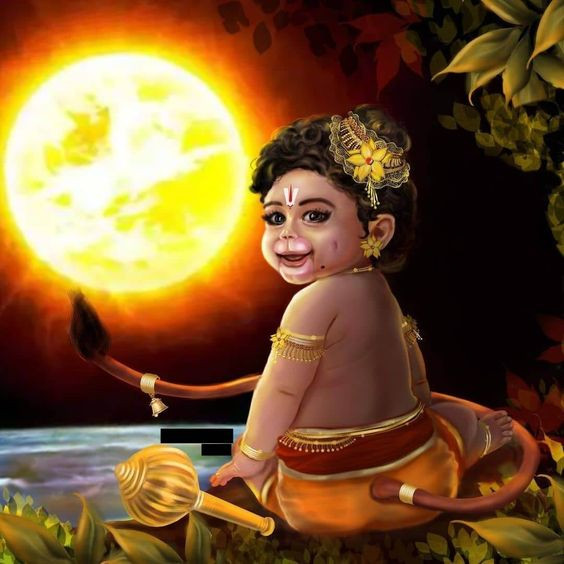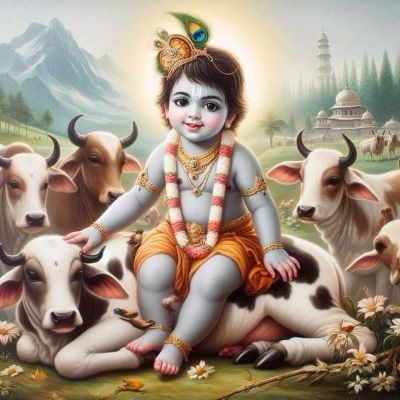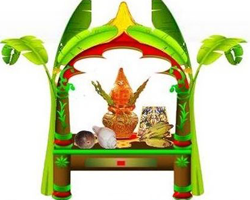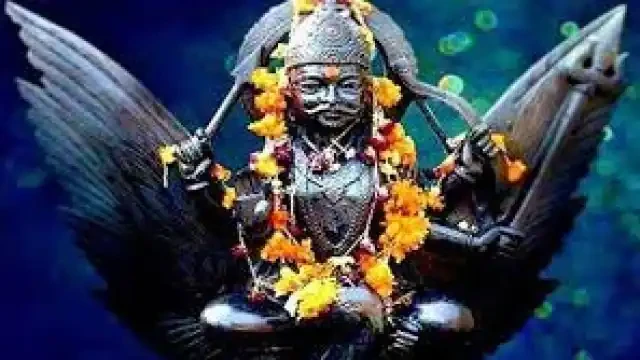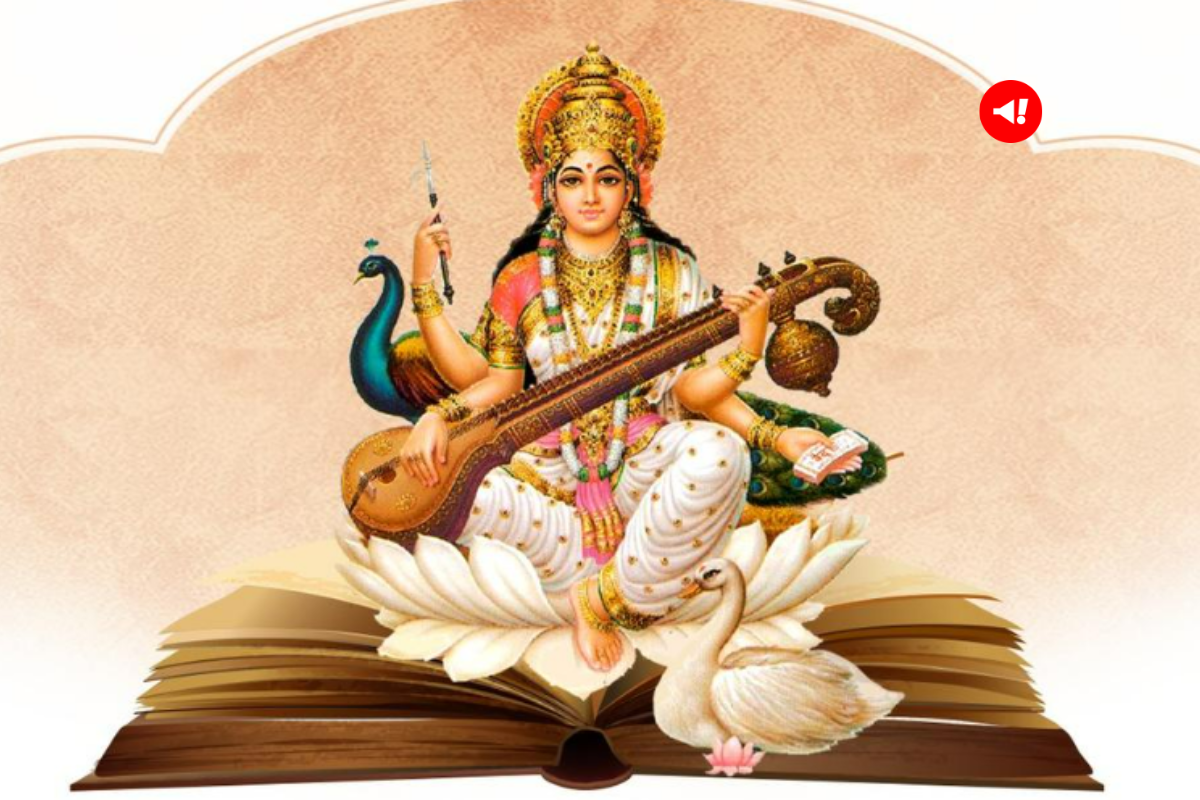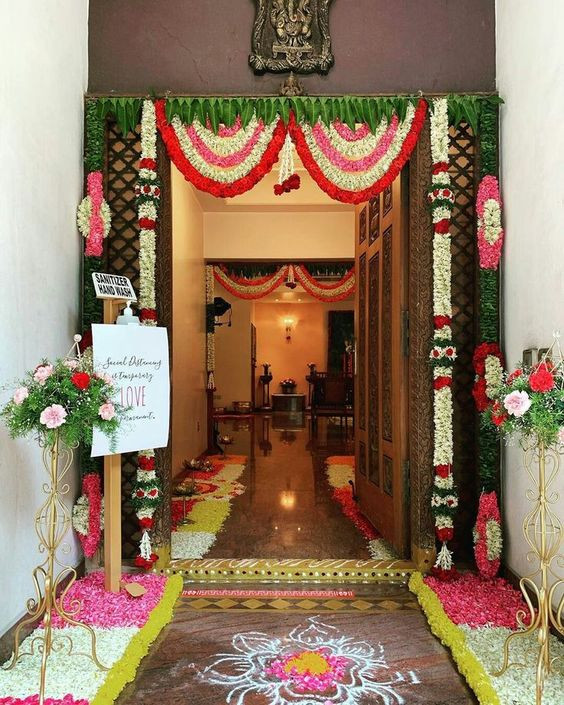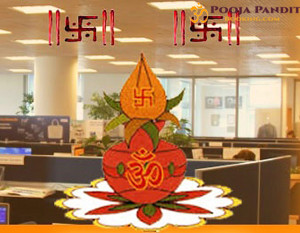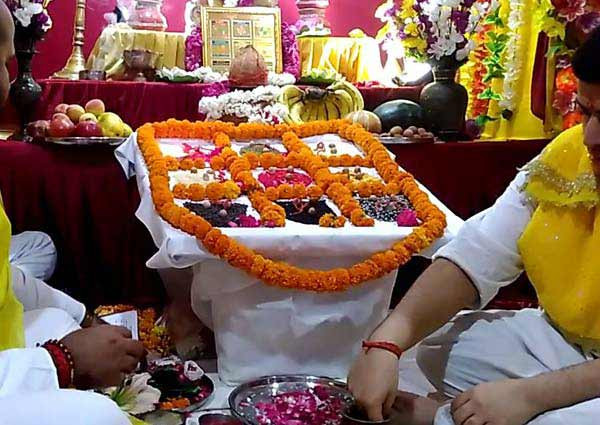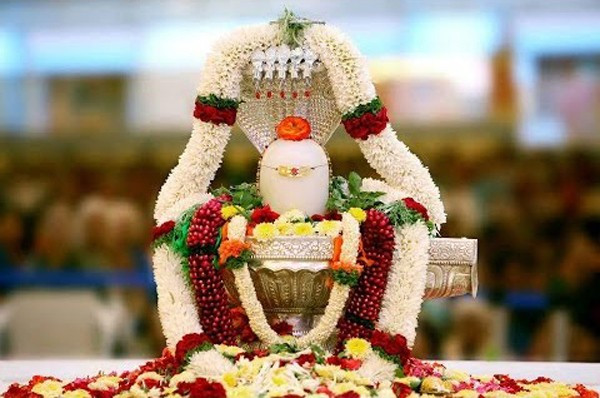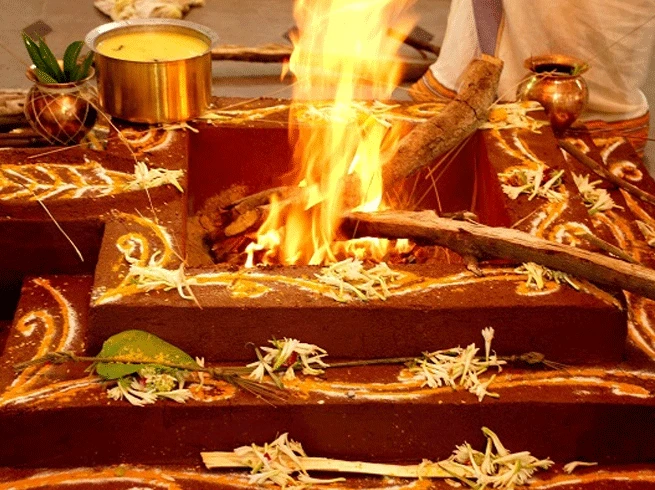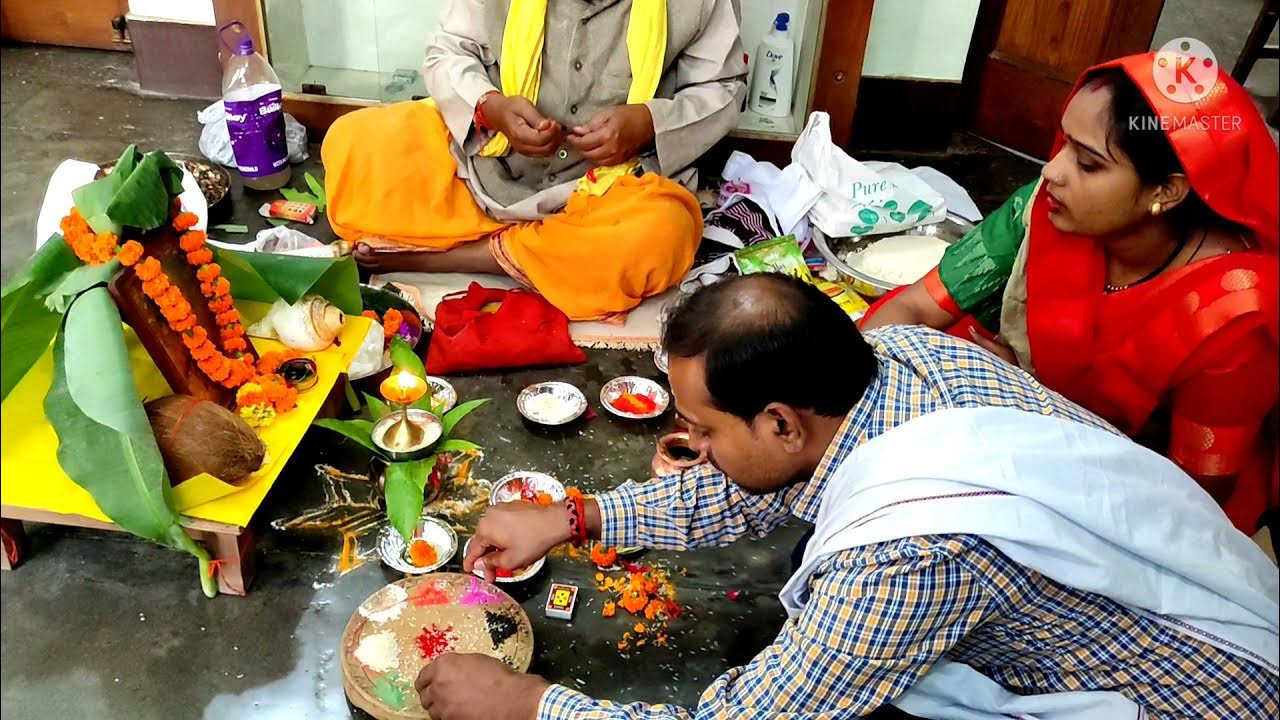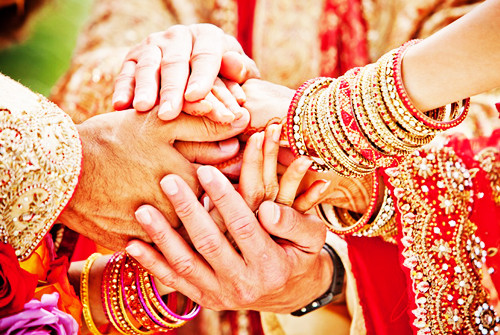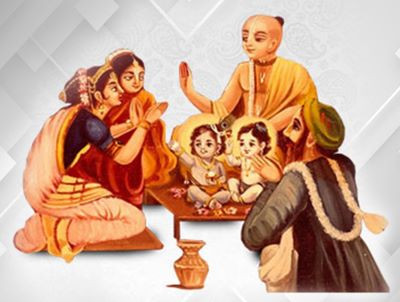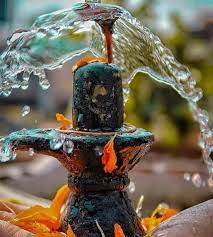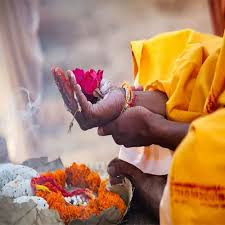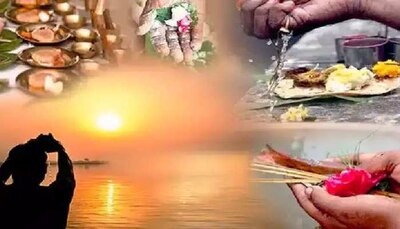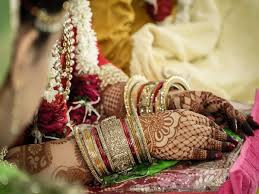
Wedding (In Temple) Puja
A wedding ceremony held in a temple is a sacred and traditional event in Hindu culture. The details of a wedding (puja) in a temple may vary based on regional customs, personal preferences, and the specific practices followed by the families involved. Here are some common elements that may be part of a Hindu temple wedding:
-
Venue Selection:
- Temple: Choose a Hindu temple as the venue for the wedding ceremony. Temples are considered sacred spaces, and many couples prefer to conduct their weddings in the presence of deities.
-
Date and Time:
- Auspicious Timing: Select an auspicious date and time for the wedding based on Hindu astrology. The priest or religious leader at the temple can assist in determining an appropriate time.
-
Invitations:
- Guest List: Prepare a guest list and send out invitations to family and friends. Specify the date, time, and venue details.
-
Pandit or Priest:
- Officiating Priest: Arrange for a knowledgeable and experienced Hindu priest who can conduct the wedding rituals according to Vedic traditions.
-
Rituals and Ceremonies:
- Ganesh Puja: Begin with a Ganesh Puja to seek the blessings of Lord Ganesha for the removal of obstacles.
- Vivaha Homa: Perform the Vivaha Homa, a sacred fire ritual, symbolizing the presence of Agni (fire god) as a witness to the marriage.
- Mangal Sutra and Sindoor Ceremony: The groom ties the Mangal Sutra (sacred necklace) around the bride's neck, and Sindoor (vermilion) is applied to her forehead, symbolizing her marital status.
- Saptapadi (Seven Steps): The couple takes seven symbolic steps together, each step representing a vow and commitment to their marriage.
- Kanya Daan: The bride's father formally gives away his daughter to the groom, symbolizing the sacred act of Kanya Daan (giving away the bride).
-
Attire:
- Traditional Attire: The bride and groom typically wear traditional Hindu wedding attire, such as a saree for the bride and dhoti or sherwani for the groom.
-
Offerings:
- Puja Items: Arrange for offerings like flowers, fruits, coconuts, and other items required for the puja and rituals.
-
Blessings and Prayers:
- Family Blessings: Seek blessings from elders and family members present at the ceremony.
- Prayers and Mantras: The priest will recite sacred verses and mantras during the ceremony.
-
Documentation:
- Legal Formalities: Ensure that all legal formalities, such as the signing of the marriage certificate, are completed as required by the local authorities.
-
Feast or Prasadam:
- Prasadam Distribution: Conclude the ceremony with the distribution of prasadam (blessed food) to the attendees.
It's important to note that these details provide a general overview, and the specific rituals and customs may vary based on the region, community, and personal preferences of the families involved. Consulting with the temple's priests and religious leaders will ensure that the wedding ceremony adheres to traditional practices and cultural customs.
What you will get:
- A traditional Hindu wedding conducted in a temple involves several rituals and ceremonies. The items provided for the wedding puja may vary based on regional customs and personal preferences, but here are common elements typically involved in a Hindu temple wedding:
- 1.Temple Booking: Reserve the temple premises for the specified date and time.
- 2.Pandit or Priest Services: Engage the services of a qualified Hindu priest to officiate the wedding ceremony, perform rituals, and guide the couple through the sacred rites.
- 3.Ritual Items: Provide essential items for the puja, including sacred threads, kumkum, turmeric, flowers, fruits, coconuts, and other materials required for the rituals.
- 4.Auspicious Timing: Work with the priest to select an auspicious date and time for the wedding ceremony based on Hindu astrology.
- 5.Decorations: Arrange for simple decorations in the temple, such as flowers, rangoli, and traditional motifs.
- 6.Invitations: Design and send out invitations to family and friends, specifying the date, time, and venue details.
- 7.Bridal Attire: Include traditional bridal attire for the bride, such as a saree, and traditional attire for the groom.
- 8.Witnesses and Family Participation: Arrange for family members and close friends to act as witnesses for the ceremony.
- 9.Vivaha Homa: Include the Vivaha Homa (sacred fire ritual) as part of the wedding ceremony.
- 10.Mangal Sutra and Sindoor Ceremony: Facilitate the Mangal Sutra and Sindoor ceremony, symbolizing the marital bond.
- 11.Saptapadi (Seven Steps): Plan for the couple to take the seven symbolic steps together, representing their vows and commitments.
- 12.Kanya Daan: Include the Kanya Daan ritual, where the bride's father formally gives away his daughter to the groom.
- 13.Photography/Videography: Hire professional photographers or videographers to capture the moments of the wedding ceremony.
- 14 Documentation Assistance: Provide assistance with any required documentation or legal formalities.
- 15.Prasadam and Refreshments: Arrange for the distribution of prasadam (blessed food) and, if applicable, organize a simple feast or refreshments for the guests.
- 16.Blessings and Well-Wishing: Incorporate a moment for family and guests to offer blessings and well-wishes to the newlyweds.
- Remember that these details provide a general overview, and the specific elements may vary based on the traditions and customs of the families involved, as well as the practices of the specific temple where the ceremony is taking place.
Benifits of the Package:
- The benefits of organizing a wedding (puja) in a temple can be both spiritual and cultural. While there might not be commercial packages per se, the overall experience and adherence to traditional practices offer numerous advantages. Here are some potential benefits:
- 1. Sacred Environment: Temples are considered sacred spaces, and conducting a wedding ceremony there is believed to bring blessings and divine favor.
- 2. Spiritual Significance: The ceremony, held in the presence of deities, is considered spiritually significant, enhancing the sanctity of the marital union.
- 3. Cultural Heritage: Conducting the wedding in a temple allows couples to uphold and celebrate their cultural and religious heritage, preserving traditions passed down through generations.
- 4. Guidance from Priests: Experienced priests guide the couple through sacred rituals, ensuring that the ceremonies are conducted in accordance with Vedic traditions.
- 5. Auspicious Timing: Priests often assist in selecting an auspicious date and time for the wedding, aligning with Hindu astrology to enhance the positive energies surrounding the union.
- 6. Traditional Rituals: The package may include various traditional rituals such as the Vivaha Homa, Mangal Sutra ceremony, Saptapadi (Seven Steps), and Kanya Daan, adding cultural richness to the wedding.
- 7. Community Involvement: Families and friends gather in the temple, fostering a sense of community and shared celebration as they witness the sacred union.
- 8. Blessings from Deities: The belief is that conducting the wedding in a temple invites the blessings of the deities, ensuring a prosperous and harmonious married life.
- 9. Symbolism in Rituals: Each ritual performed in the temple has symbolic meaning, reinforcing the spiritual and emotional bond between the couple.
- 10. Photographic Memories: Temples often provide picturesque settings, and capturing moments of the ceremony through photography or videography allows the creation of lasting memories.
- 11. Prasadam and Blessings: The distribution of prasadam (blessed food) and the opportunity for family and guests to offer blessings contribute to the overall positive atmosphere of the event.
- 12. Legal Formalities: Temples may assist with documentation and legal formalities, ensuring that the marriage is officially recognized.
- It's important to note that the benefits are deeply rooted in cultural and religious beliefs. Couples and families who place importance on these aspects often find value in arranging weddings in temples. Additionally, the specific features and benefits may vary based on the practices of the specific temple and the cultural preferences of the individuals involved.
Service Availability
- Sunday 08:00 AM - 02:00 PM
- Monday 08:00 AM - 02:00 PM
- Tuesday 08:00 AM - 02:00 PM
- Wednesday 08:00 AM - 02:00 PM
- Thursday 08:00 AM - 02:00 PM
- Friday 01:00 AM - 05:30 AM
- Saturday 01:20 AM - 12:40 PM

